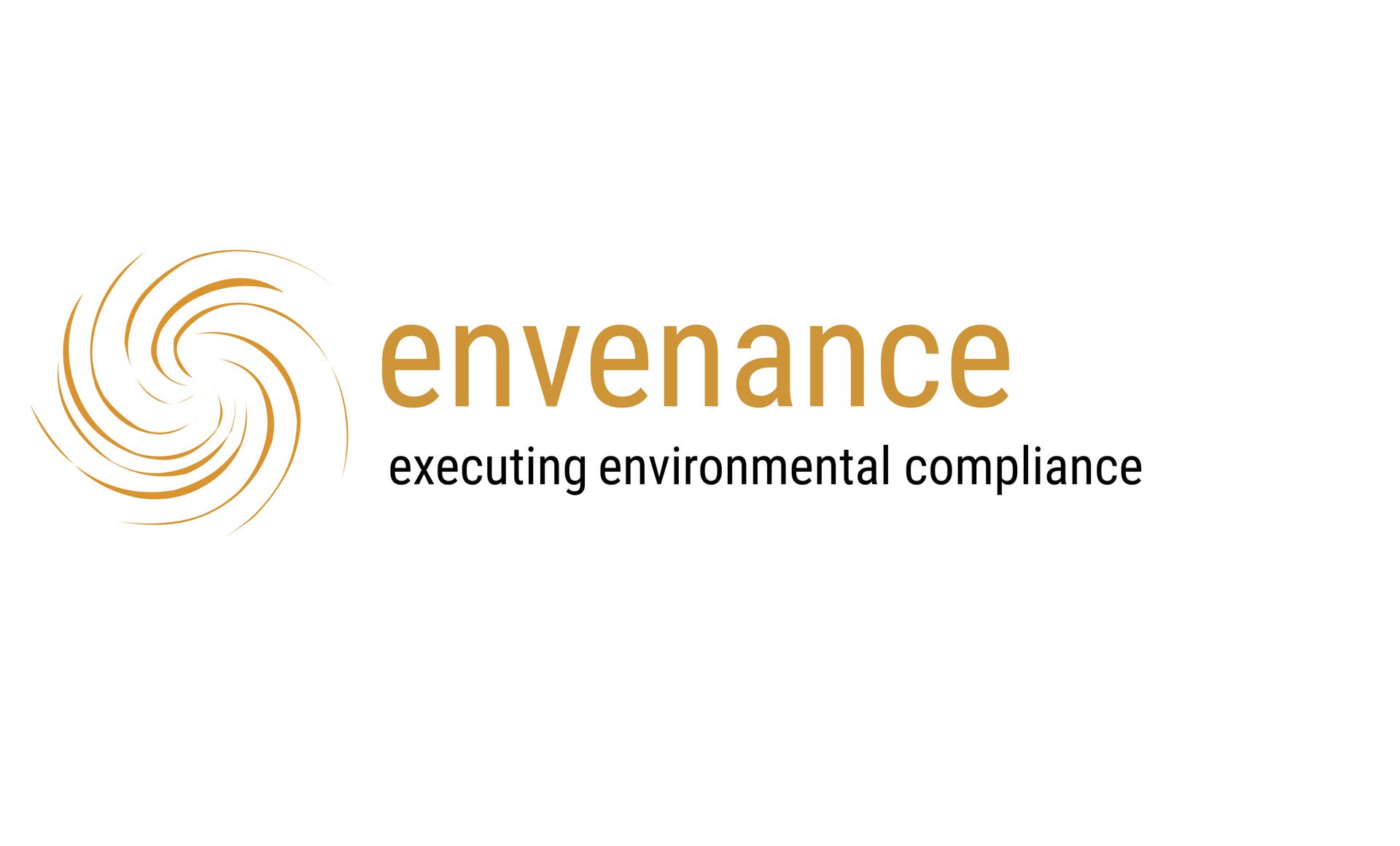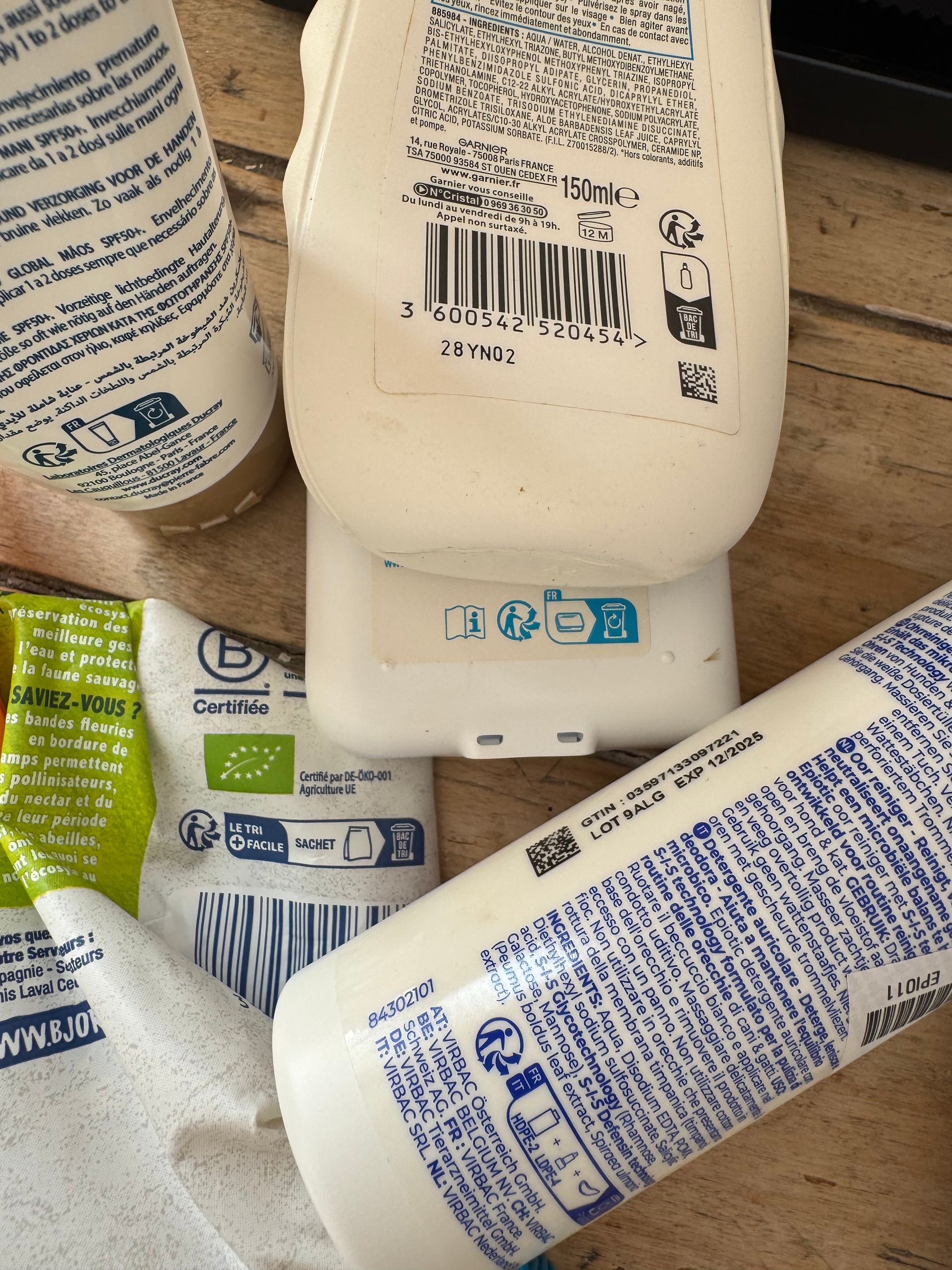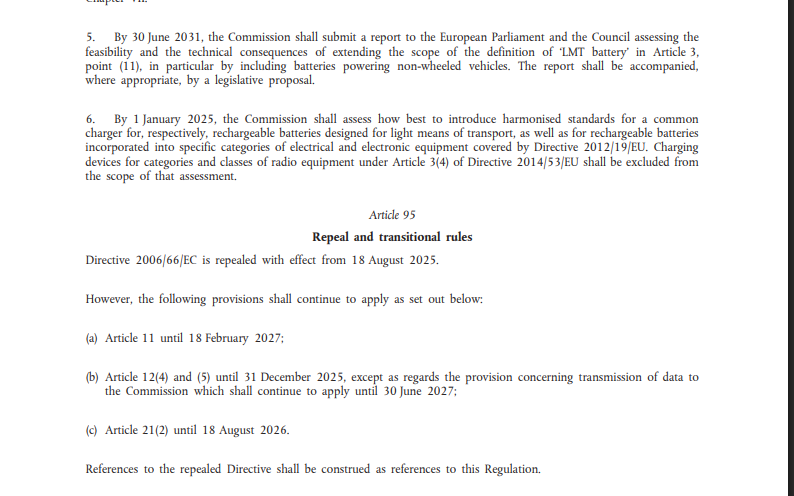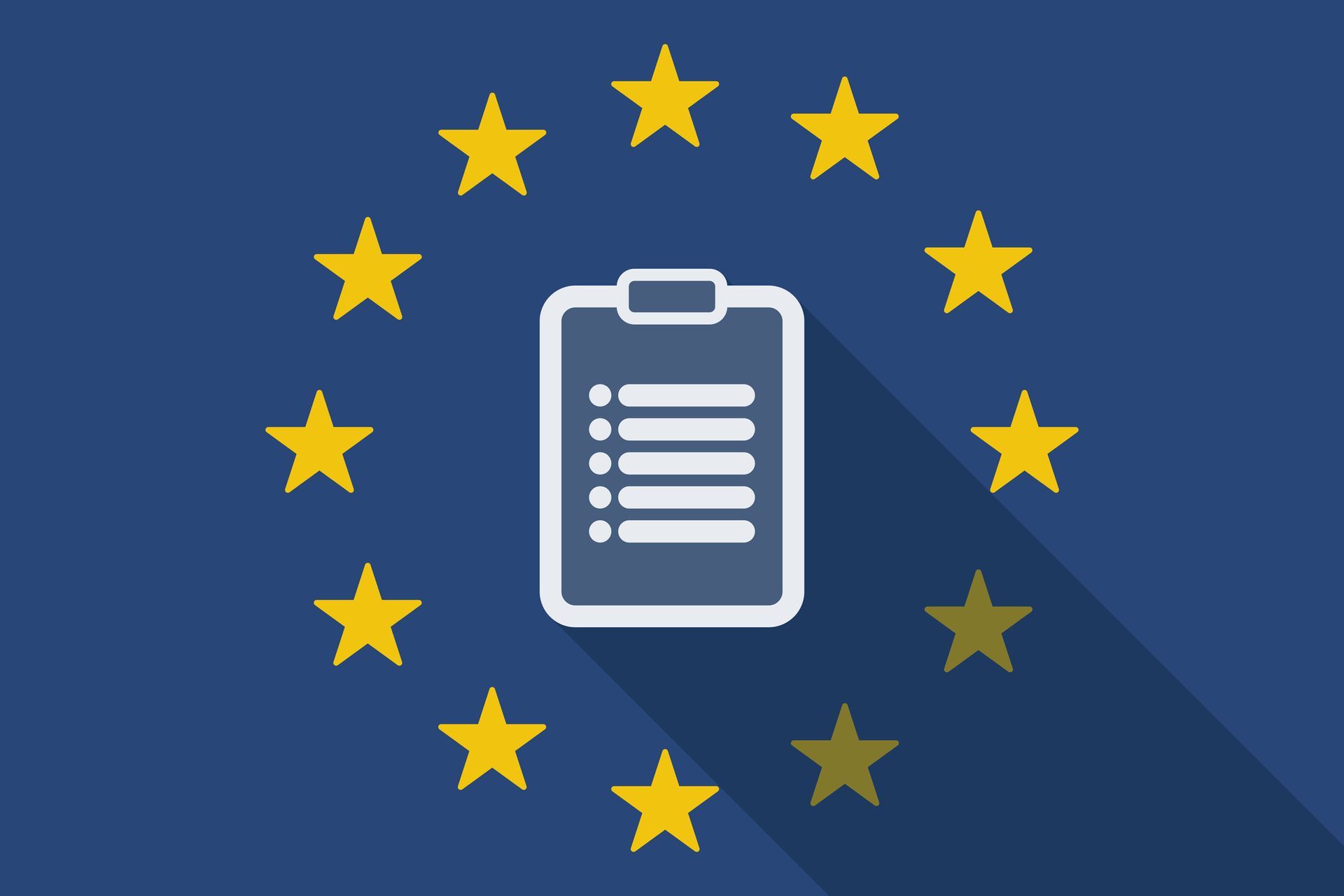Navigating the Omnibus: Tracing the EU Commission’s simplification packages and their impact on EPR
envenance on compliance.
The European Union is advancing steadily toward its stated goal of reducing administrative burdens across the board, with special attention to the needs of small and medium-sized enterprises (SMEs). In an ambitious push, the European Commission has pledged to cut administrative burdens by 25% for all sectors and by at least 35% specifically for SMEs before the end of its current mandate.
This mission is being delivered through a series of legislative updates grouped under what the Commission terms its
"Simplification Package". The simplification roadmap is designed to make EU law more efficient, accessible, and tailored to economic realities— and thus liberate businesses from heavy administrative burdens (source:
https://commission.europa.eu/law/law-making-process/better-regulation/simplification-and-implementation_en
Understanding the Omnibus concept
To operationalize this broad agenda, the Commission has introduced a series of legislative revisions under the “Omnibus” label. Much like the omnibus legislative acts seen in other jurisdictions, these packages aim to consolidate and amend various regulatory frameworks in one sweeping move.
Since February 11, 2025, four Omnibus packages have been introduced, each with a unique set of focus areas. While EPR has not been a centerpiece in the earlier packages, it becomes increasingly relevant in the most recent, Omnibus IV.
Below, we provide a snapshot of each Omnibus initiative, particularly to support envenance clients navigating this landscape.
Omnibus I – February 2025
The first Omnibus package set the tone by targeting procedural delays and voluntary adaptations in various high-level EU initiatives. However, it did not include any EPR-specific elements.
Key measures:
- Reporting delays in CSRD (Corporate Sustainability Reporting Directive) and CSDDD (Corporate Sustainability Due Diligence Directive)
- Adjustments to CBAM (Carbon Border Adjustment Mechanism) thresholds
- Voluntary opting-in for the EU Taxonomy Regulation
Official source: Omnibus I Package
Omnibus II – March 2025
Continuing the theme of general administrative simplification, Omnibus II primarily focused on investment facilitation and regulatory burden reduction. While it reinforced the Commission’s pro-business posture, it still did not address EPR frameworks directly.
Key measures:
- Streamlining access to EU investment instruments
- Regulatory simplifications for start-ups and scale-ups
Official source: Omnibus II Package
Omnibus III – May 14, 2025
Omnibus III took a sector-specific approach, focusing on the simplification of the Common Agricultural Policy (CAP). No direct implications for EPR regulations were noted in this package.
Official source: Omnibus III Press Release
Omnibus IV – May 21, 2025
Finally, EPR-relevant themes emerge in Omnibus IV, with the following highlights:
- extension of simplification measures to include small mid-cap enterprises
- digitalisation and alignment of common technical specifications
- deadline extension for the batteries due diligence obligations for economic operators
Omnibus IV is complemented by the Single Market Strategy Communication, which reinforces packaging-related regulatory harmonization efforts—a critical development for EPR stakeholders.
Official source: Omnibus IV Package
The EU Commission has already teased two upcoming Omnibus packages, one focused on the Chemical Industry followed by the Digital Omnibus.
As these initiatives take shape, envenance remains committed to monitoring the details and the consequences for economic operators in the field of EPR.













